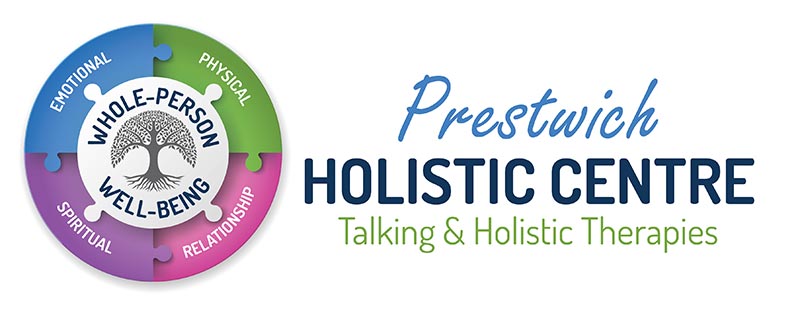Depression
 Depression is alarmingly common in the UK. Life today has become far more complex than it was in our parents’ time. We are bombarded daily by events and news that can trigger negative thoughts and emotions.
Depression is alarmingly common in the UK. Life today has become far more complex than it was in our parents’ time. We are bombarded daily by events and news that can trigger negative thoughts and emotions.
It is hardly surprising that we all may feel low sometimes. On the other hand, depression may manifest itself as a persistent sadness, lasting weeks or longer. In any given week in the UK, it is estimated that around 3 in 100 people report experiencing clinical depression (as opposed to feeling low).
Depression can cause sufferers to lose interest in day-to-day activities. It may be accompanied by feelings of hopelessness. Depression can be brought on by many unavoidable triggers, such as the loss of a loved one in death. Less commonly, it may be caused by a medical condition.
While most people will feel low or even depressed from time to time, it should not be a lasting feeling. If it is left untreated, it can have a substantial impact on your quality of life and that of those around you.
Don't wait to seek help
Unfortunately, the mindset in the UK is not to make a fuss about such feelings. Many people leave seeking treatment too long, thinking they will ‘snap out of it’. When depression lasts more than a couple of weeks, it is time to seek professional help. Clinical depression is not something you will ‘snap out of’. On the contrary, it can linger and get worse.
Anxiety is often associated with depression, and both can have emotional and physical effects. They can cause significant difficulties in your daily life.
It is not uncommon for family members to recognise their loved one is depressed even when the sufferer says they are not.
Common Signs of Depression
Common signs of depression include:
- Unshakeable feelings of sadness or hopelessness.
- Losing interest in daily activities, even hobbies and social engagements.
- Constant tiredness and lack of energy.
- Mind fog and difficulty making decisions.
- Lack of appetite or overeating.
- Changing sleeping patterns or insomnia.
- Physical symptoms such as headaches or possibly stomach complaints
Depression can affect your loved ones
The inescapable fact is that clinical depression doesn’t only affect the individual. Loved ones and family members will often feel emotional distress themselves. The inability to help can be frustrating and create stress. Children may feel insecure and helpless.
There are excellent, successful treatments for depression. The sooner you seek professional help, the better. Don’t wait if you believe – or your family feel – you are suffering from depression.
Medication may help, as might lifestyle changes. Cognitive Behavioural Therapy (CBT) is a proven and successful treatment method.
Our trained therapists at the Prestwich Holistic Centre or the Whitefield and Radcliffe Holistic Centre can help diagnose you and offer you the most effective treatment that suits your situation as an individual.
